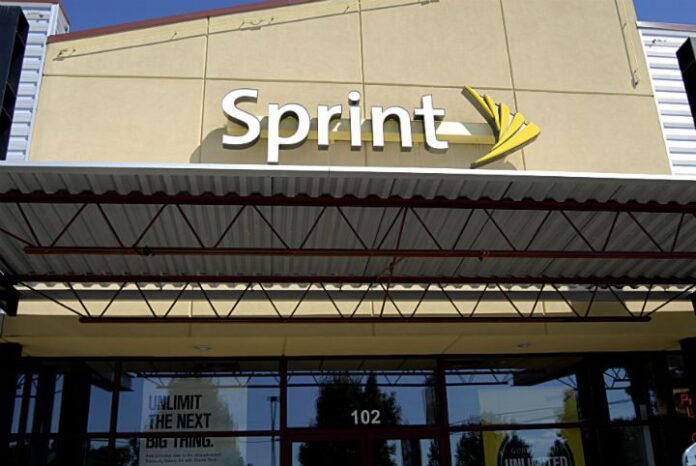WASHINGTON – Sprint’s decision to bow out of the 600 MHz auction came as a surprise to some. The Competitive Carriers Association reacted to the move by reiterating its position that the spectrum reserve isn’t only about the big four U.S. carriers.
Steven K. Berry, president and CEO of CCA, said, “CCA represents more than 100 competitive carriers. As we have long said, the spectrum reserve is not just about Sprint or T-Mobile, but about the 100 other competitive carriers that want and need access to low-band spectrum. The fact remains that many competitive carriers are in dire need of additional low-band spectrum, and are planning and looking forward to participating in the upcoming auction. The spectrum reserve is a key competitive element in the auction that will help encourage broader participation, especially by smaller rural and regional carriers, who do not have the resources to bid against the two largest national carriers.”
Long-time industry analyst Jeff Kagan pointed out that Sprint’s decision was good business policy,
“Sprint is in a unique position in the wireless industry. While other competitors need spectrum to one extent or another, Sprint has what it needs for now.” Kagan also noted, “Sprint got quite a bit of spectrum through the acquisition of Clearwire,” removing the urgency to buy additional licenses.
“Sprint is focused on improving key markets across the country,” Kagan said. “This is an intensive process that will take time, but [the company] is getting better quarter after quarter according to services that measure that.”
Berry, however, maintained that fewer carriers is ultimately a bad sign. “More carriers means more competition, better service for consumers and higher revenue for the U.S. Treasury, and a competitive mobile ecosystem is an outcome all policymakers should want to see.”
The carrier cited its current spectrum holdings, including its robust 2.5 gigahertz spectrum assets, as being sufficient for Sprint to move forward with its network plans and not need additional support from a license in the 600 MHz band set to be auctioned beginning March 29.
“Sprint’s focus and overarching imperative must be on improving its network and market position in the immediate term so we can remain a powerful force in fostering competition, consumer benefits and innovation in the wireless broadband world,” stated Sprint CEO Marcelo Claure. “Sprint has the spectrum it needs to deploy its network architecture of the future.”

